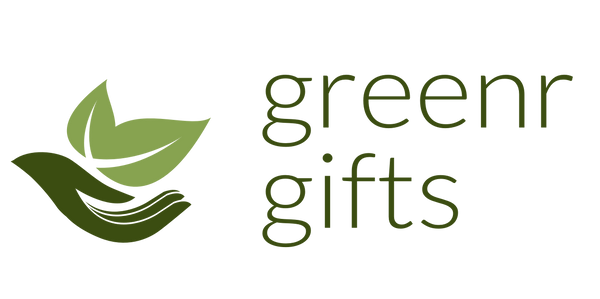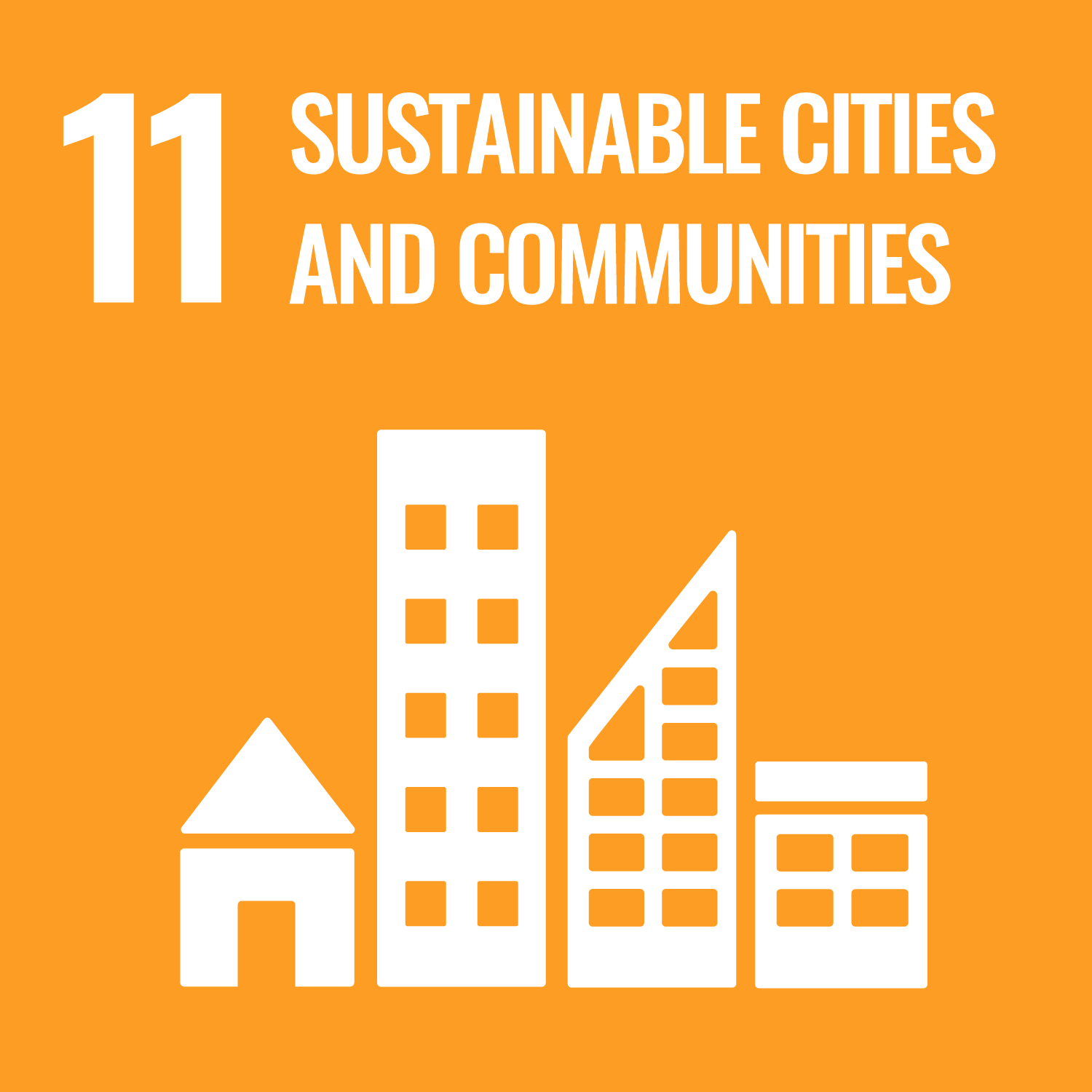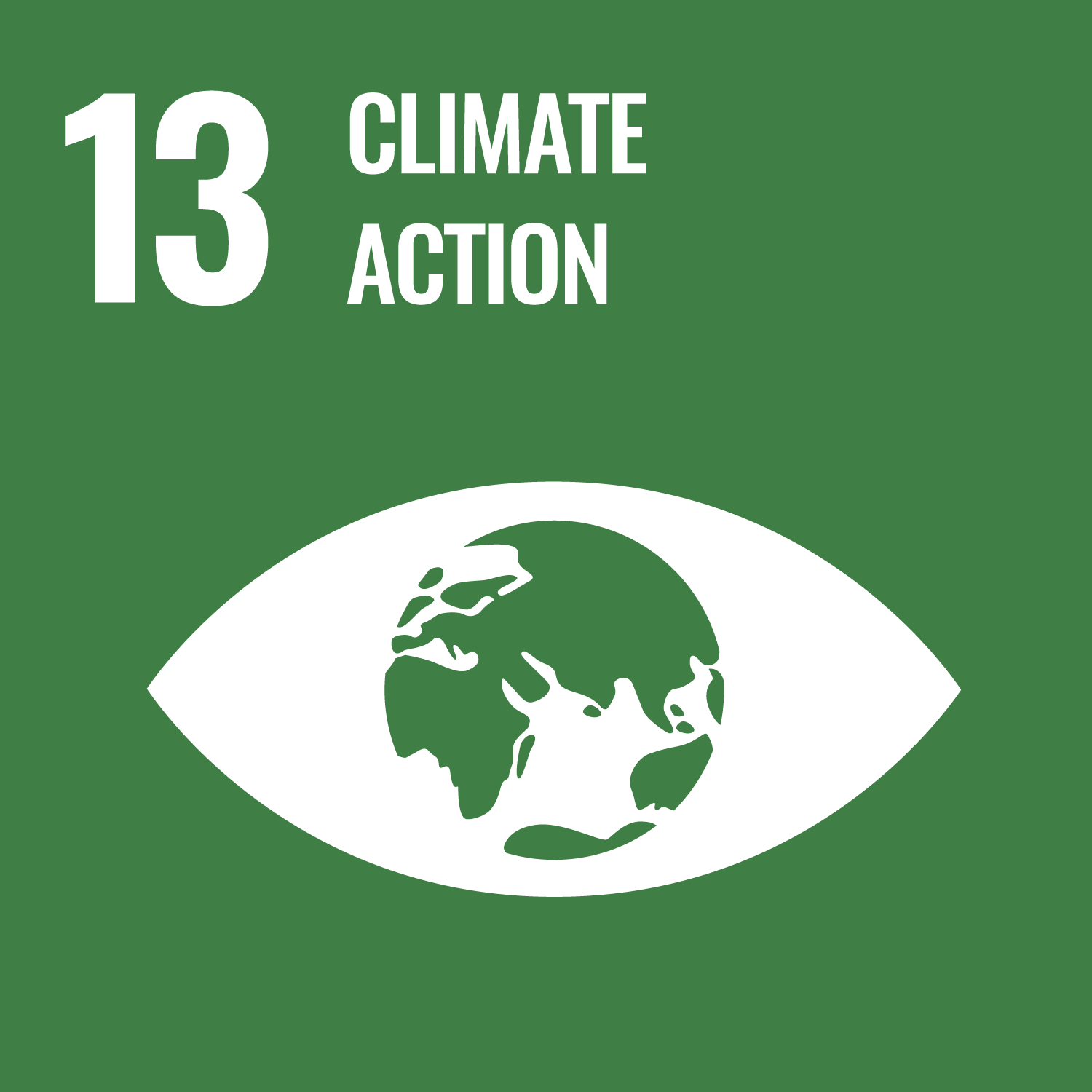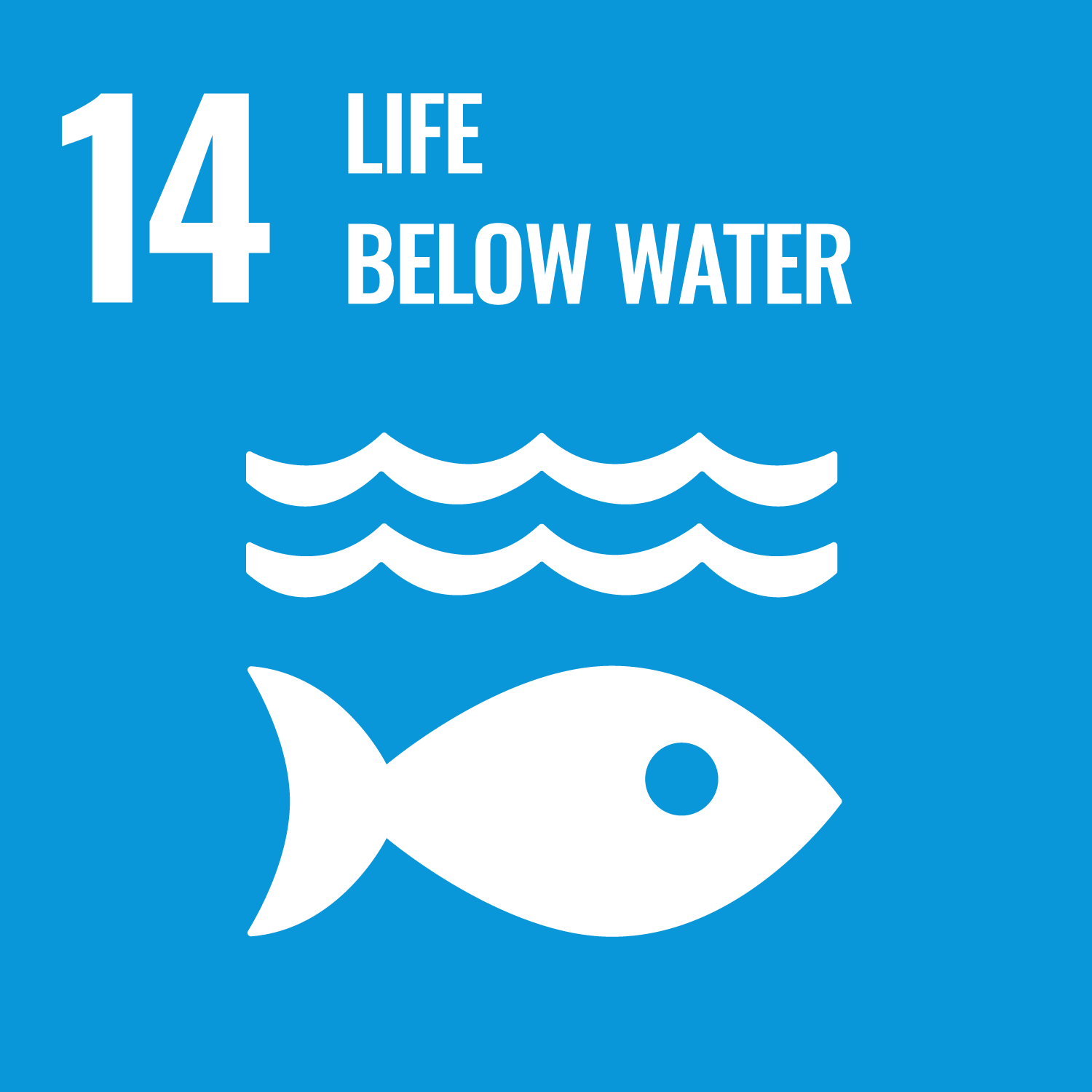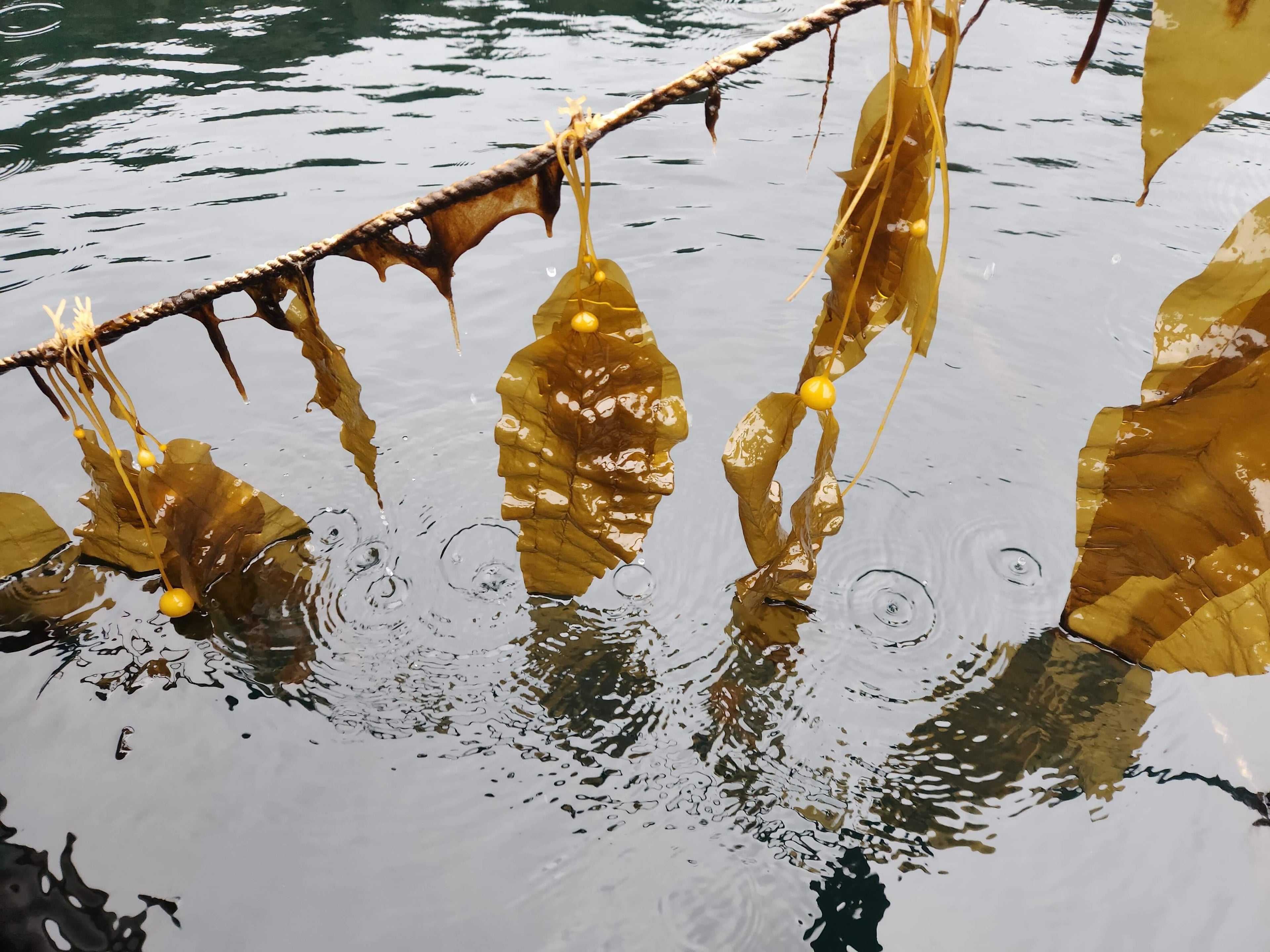
Seaforestation of Kelp in Canada
By partnering with Coastal Kelp and Indigenous communities such as shíshálh, and Tsleilwaututh, millions of Kelp Sporophytes (seeds) are being cultivated and planted in Indigenous waters of British Columbia.
Species planted
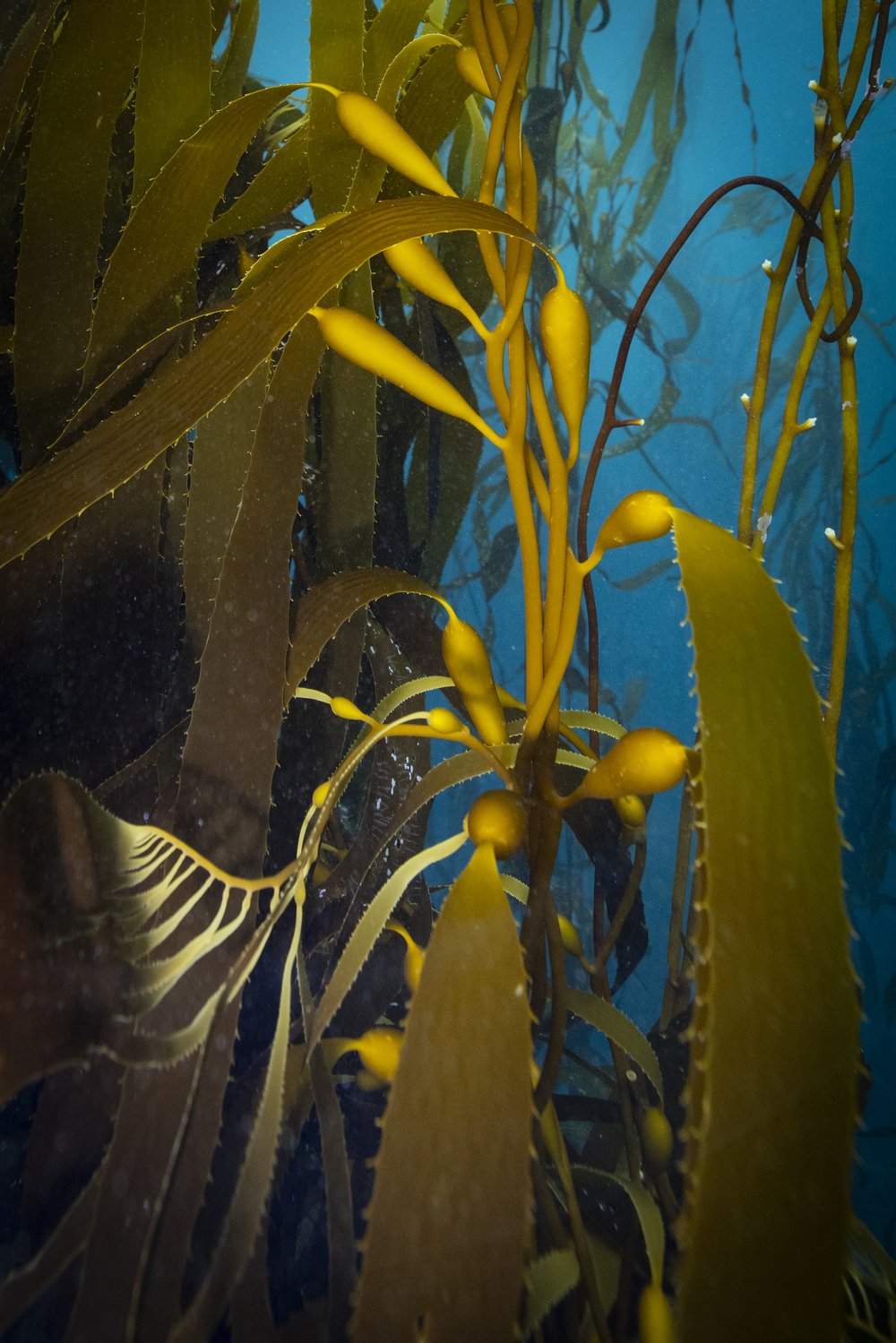
Giant Kelp
Project Impact
The restoration of kelp forests yields an array of environmental benefits. Kelp forests absorb 20 times more CO2 per acre than land forests, support over 700 marine species, and protect coastlines by reducing wave energy by up to 60%.
Additionally, these ecosystems support diverse marine species, including Herring, Salmon, and Northern Abalone, enhancing marine biodiversity and ecosystem resilience.
Kelp restoration not only improves biodiversity but also generates employment opportunities for local communities. For every 10,000 kelp planted, 20 work days are created for community members, fostering economic empowerment and environmental stewardship.
Project location
Jervis Inlet, British Columbia, Canada
Latest from the project site
-
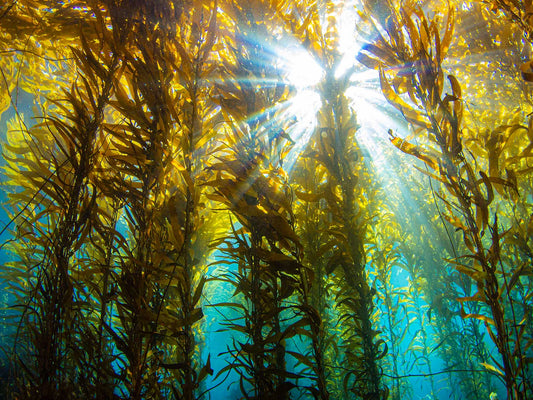
Veritree talks about creating transparency and ...
Our partner Veritree's CEO Derrick Emsley talks about how their technology creates transparency, measurability and the potential to scale both terrestrial and aquatic eco-system regeneration. In this video, they focus...
Veritree talks about creating transparency and ...
Our partner Veritree's CEO Derrick Emsley talks about how their technology creates transparency, measurability and the potential to scale both terrestrial and aquatic eco-system regeneration. In this video, they focus...
-
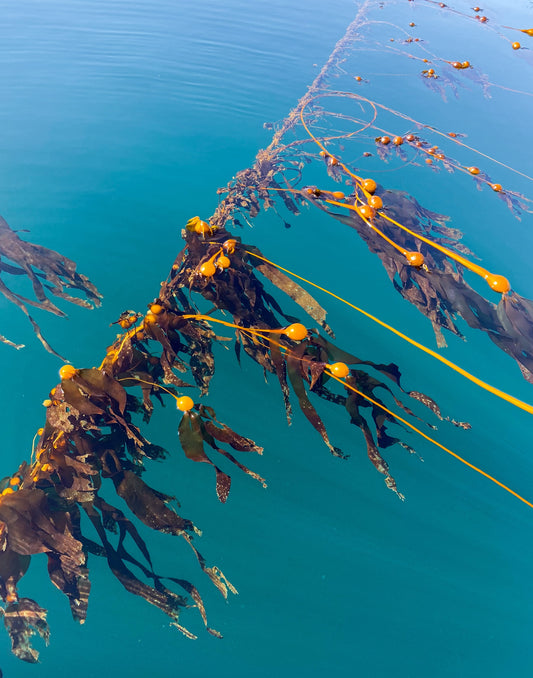
Kelp progress in Venture Point, British Columbia
Our partner Veritree just shared this video recording progress of the Kelp restoration project in the British Columbia region. In their words "In the vibrant waters of Venture Point,...
Kelp progress in Venture Point, British Columbia
Our partner Veritree just shared this video recording progress of the Kelp restoration project in the British Columbia region. In their words "In the vibrant waters of Venture Point,...
-
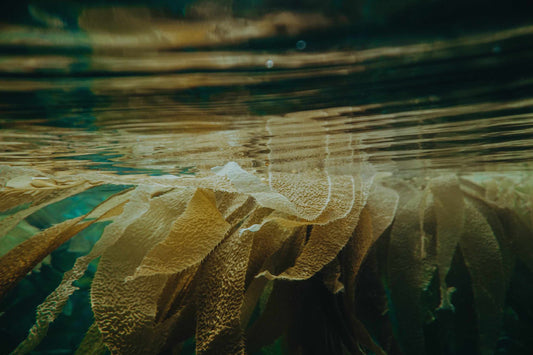
Coastal Kelp & Veritree's Kelp Restoration Expe...
Our partners, Veritree and Coastal Kelp embark on an epic journey along the breathtaking Sunshine Coast of British Columbia, uniting their forces to sow the seeds of change beneath the...
Coastal Kelp & Veritree's Kelp Restoration Expe...
Our partners, Veritree and Coastal Kelp embark on an epic journey along the breathtaking Sunshine Coast of British Columbia, uniting their forces to sow the seeds of change beneath the...
Why plant in Canada
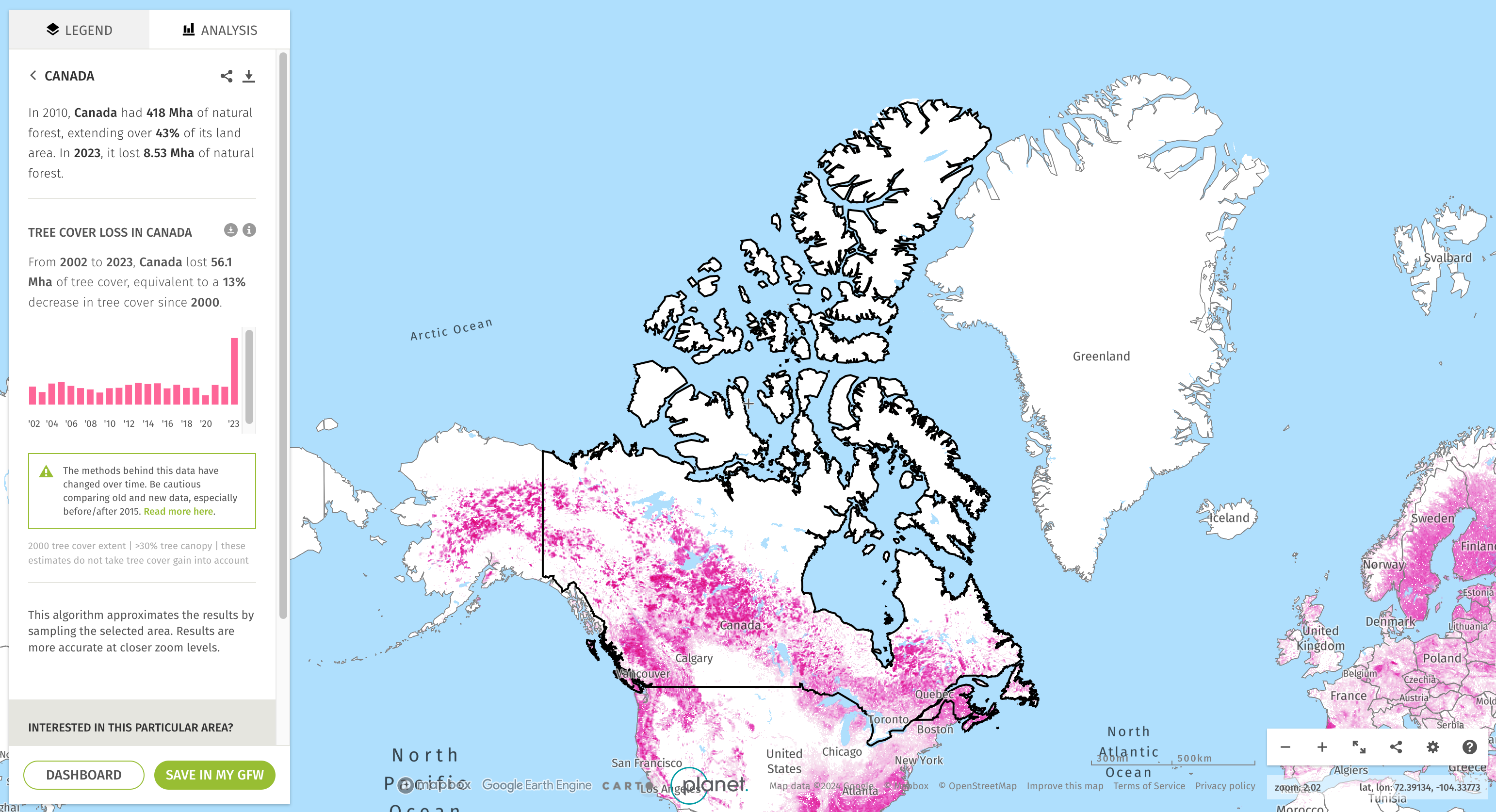
Project Details
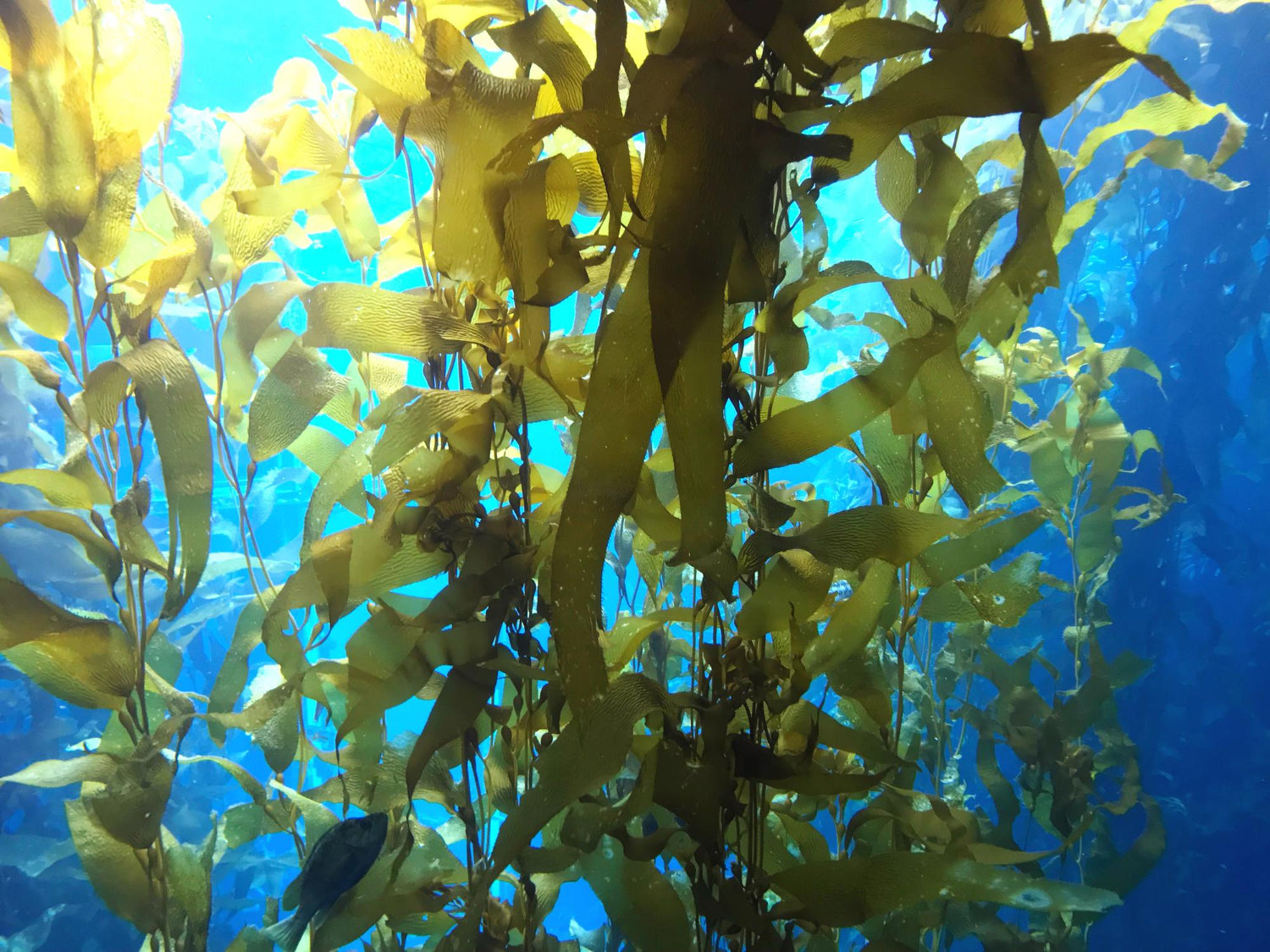
What is Kelp?
Kelp is a type of seaweed belonging to the brown algae family that encompasses a diverse group of underwater plants that thrive in marine environments. From the towering Giant Kelp to the slender Sugar Kelp and the robust Bull Kelp, each species contributes uniquely to the richness of the ocean ecosystems.
Kelp forests provide a vital habitat for many marine organisms, including fish, invertebrates, seaweeds, and algae. Acting as underwater sanctuaries, these forests offer shelter, sustenance, and breeding grounds for various species, thereby fostering the intricate web of life within our oceans.
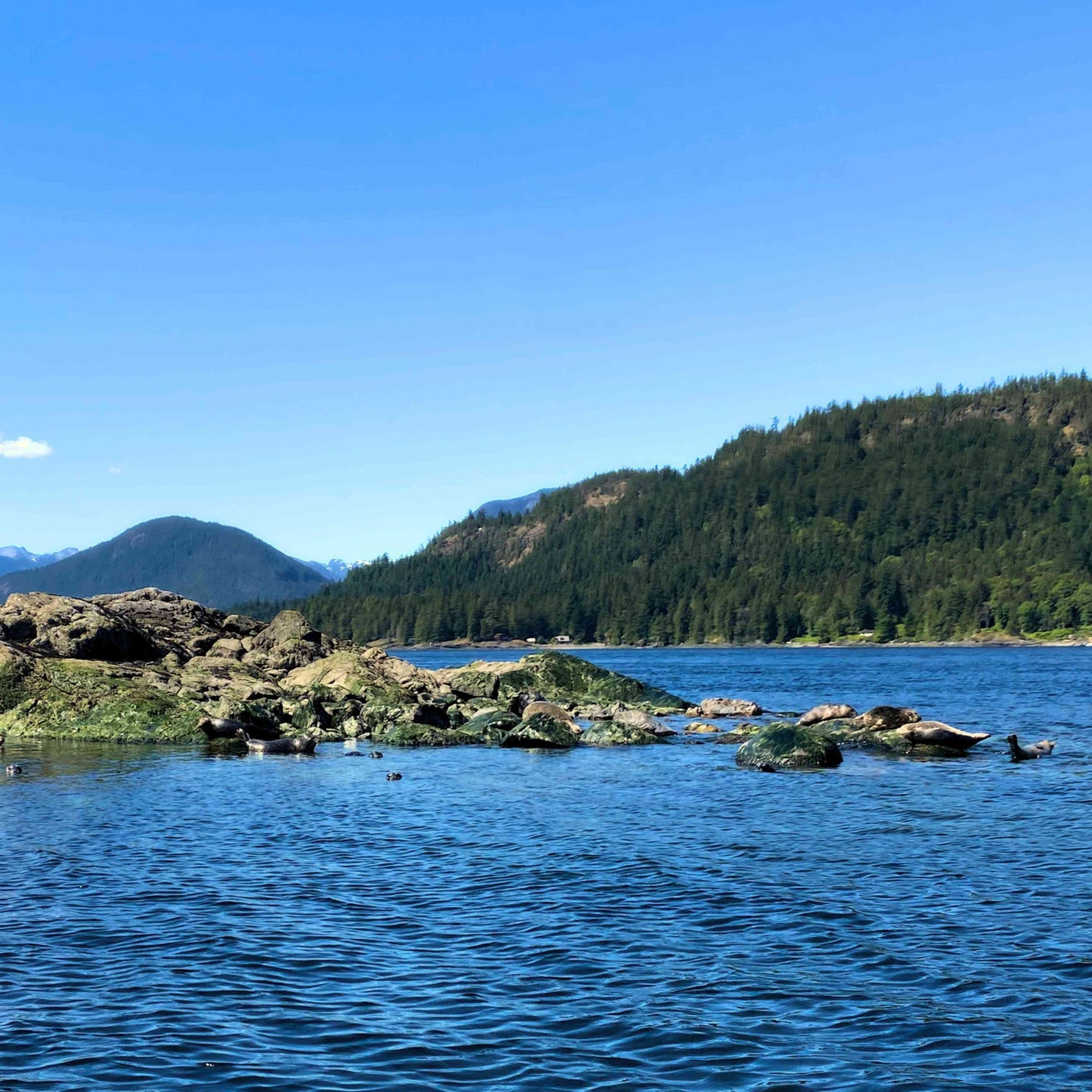
Importance of Kelp in British Columbia, Canada
In British Columbia, Canada, kelp holds both cultural and ecological significance, particularly for Indigenous communities in the Pacific Northwest. For centuries, kelp has served as a fundamental resource, utilised for sustenance, traditional medicine, and cultural practices.
However, for the past five decades, we’ve witnessed a concerning decline in global kelp forests, exceeding 40%. Factors such as climate change, overexploitation, and pollution have contributed to this degradation, threatening the ecological balance and cultural heritage associated with kelp ecosystems.
To address these challenges, collaborative efforts led by organisations like Coastal Kelp are underway to restore kelp forests along the Indigenous territories of Hotham Sound and Powell River in British Columbia. By partnering with Coastal Kelp and Indigenous communities such as shíshálh, and Tsleilwaututh, millions of Kelp Sporophytes (seeds) are being cultivated and planted in Indigenous waters.
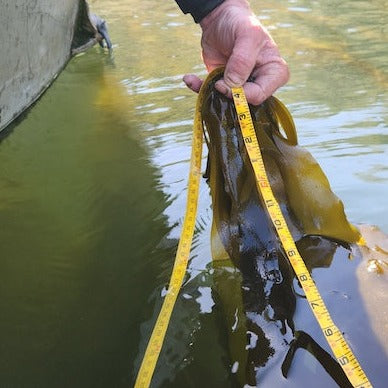
The Process of Seaforestation
The process of seaforestation involves the restoring and cultivating of kelp forests through meticulous planting and nurturing techniques. Employing a mix of line and green gravel substrates, Kelp Sporophytes are propagated and strategically planted to revitalise degraded marine habitats.
UN Sustainable Development Goals contributed to
The United Nations Sustainable Development Goals (SDGs) are a set of 17 interconnected global objectives aimed at addressing pressing social, economic, and environmental challenges by 2030. They serve as a blueprint for collective action, guiding governments, businesses, and communities worldwide towards a more sustainable and equitable future.
This project contributes to the following goals
Verification
Kelp monitoring involves deploying temperature and pH sensors at restoration sites, like the one off the coast of Hotham Sound, to track the growth and environmental conditions of newly out-planted kelp. These sensors, installed along the water column where the kelp grows 10 meters below the surface, record vital parameters such as ocean temperature and pH levels. Maintaining optimal conditions is crucial for kelp health, as temperature and pH significantly influence metabolic processes like photosynthesis and nutrient uptake. By collecting data every 30 minutes, this method ensures the kelp's environment remains conducive to growth and helps identify potential risks to the restoration site.
Additionally, kelp monitoring includes using Remotely Operated Vehicles (ROVs) to gather substrate data and observe local flora and fauna at the site. The ROVs, equipped with HD cameras and powerful lights, safely and efficiently collect data in areas too hazardous for human divers. This comprehensive approach provides valuable insights into how the kelp influences its surroundings, such as potential impacts on local pH and temperature through shading and metabolic processes. With this data, informed decisions can be made to support and enhance kelp restoration efforts, ensuring a healthy and sustainable marine ecosystem.
Learn more about this process here
